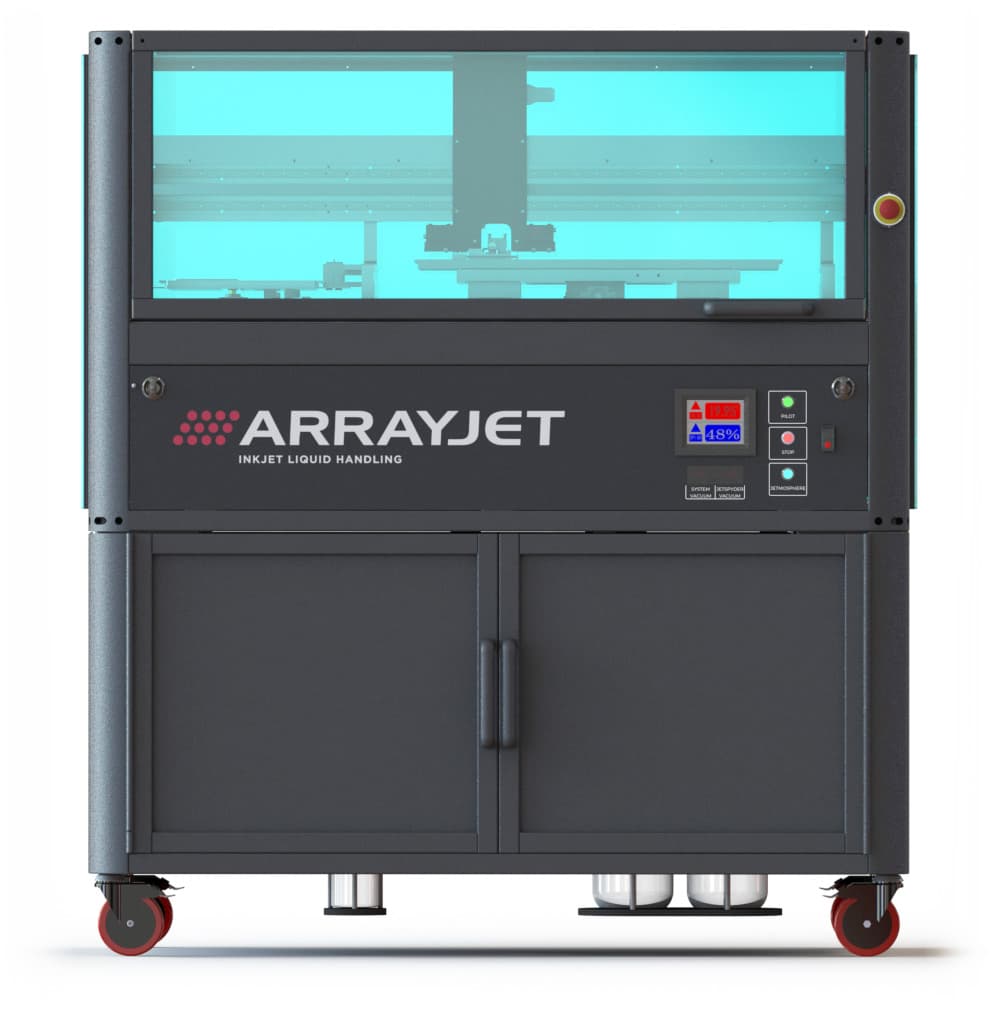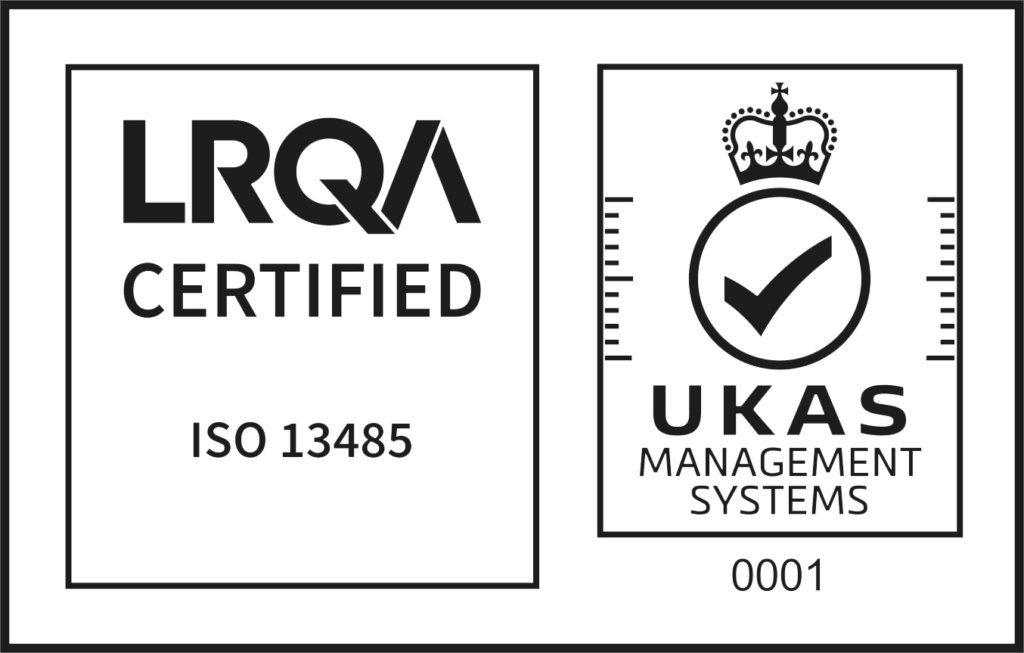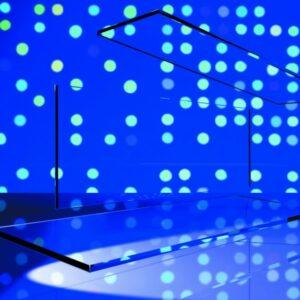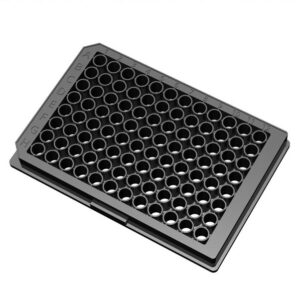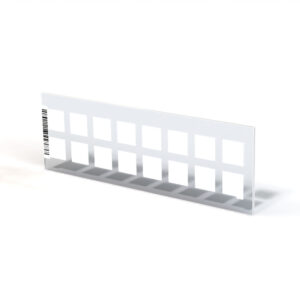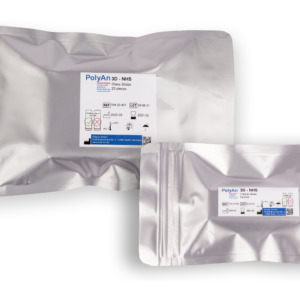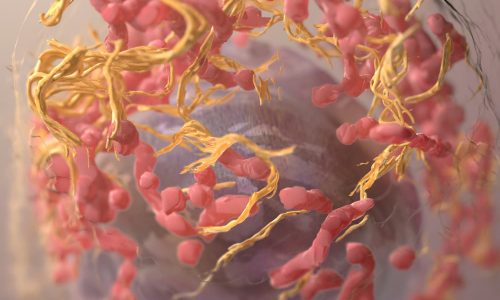This website uses cookies so that we can provide you with the best user experience possible.
Some cookies are strictly necessary as an integral part of the function of this website and are enabled at all times. These include cookies that enable users to add consumable products to their shopping cart, cookies that store anonymous identifiers to protect against spam abuse or aid our software firewall, and other cookies linked to navigation or interactive elements of the site.
With your concept, we would also like to make use of analytics cookies to help our team understand which sections of the website you find most interesting and useful. We would also like to use additional cookies to help us assess whether our marketing message is reaching the right audience.
For more detailed information you can read our Privacy Policy

